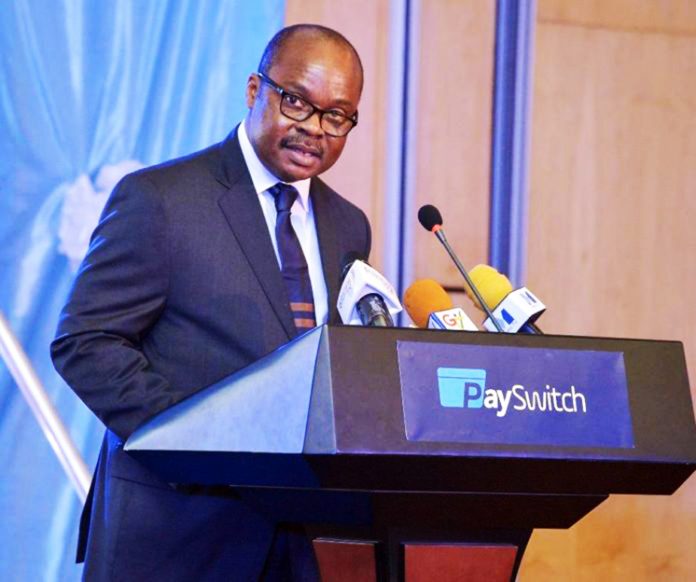The Bank of Ghana (BoG) has addressed recent media reports and public discussions concerning the involvement of FinTech companies and Money Transfer Operators (MTOs) in inward remittance services.
The Bank aims to dispel inaccuracies and provide clarity on the operations of these entities within Ghana’s remittance ecosystem.
Media reports claim a significant decline in Ghana’s inward remittances, suggesting that newly licensed MTOs and FinTechs have withheld approximately GH¢18 billion (US$ 3 billion) in 2022 and GH¢57 billion (US$ 5 billion) in 2023, totalling US$ 8 billion over the past two years.
These funds, the reports argue, could have bolstered the country’s foreign currency reserves and mitigated the depreciation of the local currency. The Bank of Ghana refutes these claims, citing data from both the BoG and the World Bank that indicate a consistent increase in remittance inflows year-on-year.
The bank emphasises that it does not license MTOs, as these companies operate internationally. Instead, the BoG conducts thorough due diligence on MTOs partnering with local banks and FinTechs for remittance delivery in Ghana.
All remittance inflows are credited to the nostro accounts of partner banks, not held by Payment Service Providers (PSPs). Consequently, the assertion of a US$8 billion loss is unfounded and misleading.
Reports again suggest that Ghana operates two separate foreign exchange systems, with authorised dealer banks accounting for foreign exchange received from inward remittances, while FinTech companies do not.
The BoG clarified that it has not licensed any MTOs and does not operate dual foreign exchange systems. Both banks and FinTechs involved in inward remittance services are required to submit prudential returns to the BoG, ensuring compliance with the Foreign Exchange Act, 2006 (Act 723).
Moreover, there are claims of non-compliance with the Foreign Exchange Act, 2006 (Act 723) by digital technology infrastructure companies, leading to regulatory and data reporting challenges.
The BoG asserts its mandate to regulate all payment systems and services, including inward remittances. The Bank continuously updates its regulatory framework to keep pace with technological advancements and ensures comprehensive data collection and surveillance of licensed institutions.
Mobile money and other digital channels provided by PSPs are alleged to obscure the tracking of foreign exchange components in local banks’ returns and the BoG’s nostro balances.
The BoG reiterates that all foreign exchange inflows from remittances are accounted for through prudential returns submitted by banks to the BoG.
There is confusion over the requirement for PSPs and MTOs to operate remittance inflow and local settlement accounts, supposedly bypassing nostro accounts.
The BoG refers to its Updated Inward Remittance Guidelines for PSPs (2023), which mandate that all remittance proceeds be credited to the nostro accounts of partner banks for subsequent transfer to cedi settlement accounts. This ensures all funds are reconciled within 72 hours.
The BoG’s current practices are criticized for not benefiting the country, with claims that MTOs and FinTechs hold foreign currencies in correspondent banking accounts without proper tracking in the BoG’s Balance of Payment data.
The BoG counters this by explaining that remittance inflows are credited to partner banks’ nostro accounts, and the Balance of Payments data includes these remittances.
The licensing of more FinTechs without consideration of the existing Foreign Exchange Act, 2006 (Act 723) has allegedly led to discrepancies in remittance data.
The BoG states that the authorisation of FinTechs has not complicated data collection and analysis. The Bank monitors all MTOs partnering with Ghanaian banks and FinTechs, ensuring compliance and accurate reporting.
The BoG’s regulatory framework for inward remittance services includes the 2023 Updated Inward Remittance Guidelines for PSPs, which outline the roles and responsibilities of FinTechs in partnership with local banks and MTOs.
These guidelines ensure that all remittance proceeds are handled within the banking system, providing alternative channels such as mobile money wallets for recipients.









